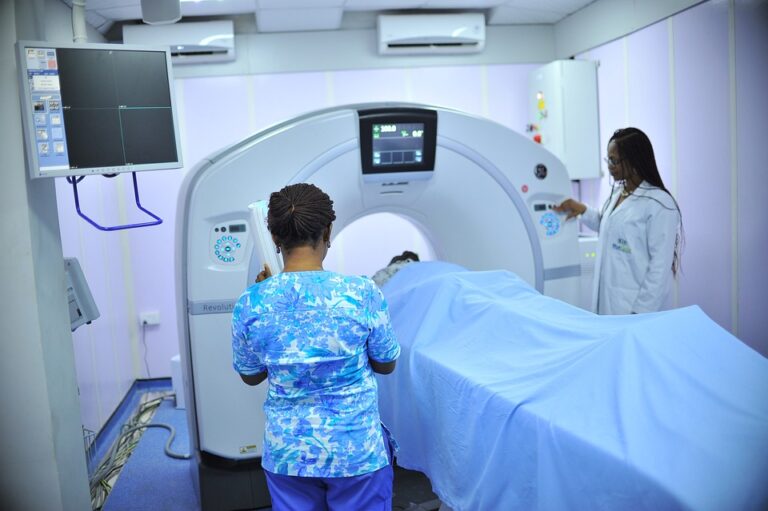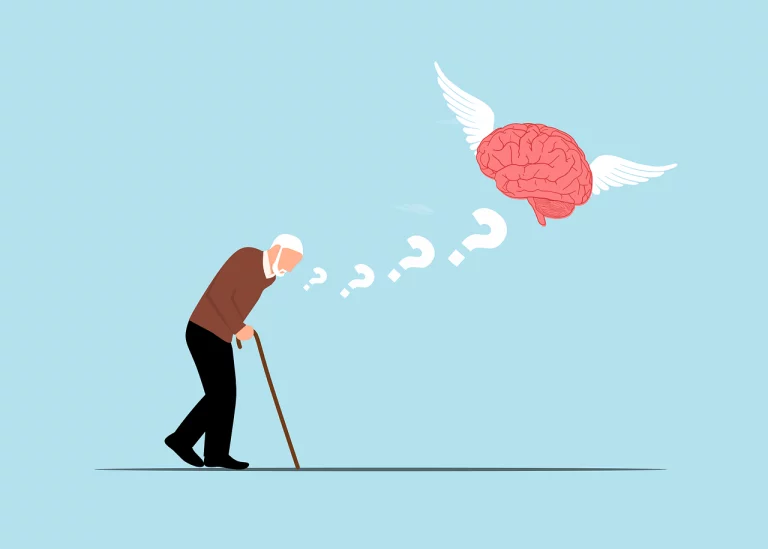Book Appointment Now

The Impact of Artificial Intelligence in Nursing
The Impact of Artificial Intelligence in Nursing: Transforming Patient Care
Artificial Intelligence (AI) is revolutionizing various industries, and healthcare is no exception. AI in nursing is one of the most significant advancements in healthcare, offering new opportunities to enhance patient care, streamline workflows, and improve outcomes. In this article, we’ll explore how artificial intelligence in healthcare is transforming the nursing profession, the benefits it brings, and the challenges that lie ahead.
Need Assignment Help ? Order Nursing Paper Now
The Role of AI in Nursing
AI in nursing technology is being integrated into various aspects of healthcare, from diagnostics to patient monitoring. By leveraging machine learning, natural language processing, and predictive analytics, AI is enabling nurses to provide more accurate and efficient care.
AI-Driven Nursing Tools
One of the most significant contributions of AI in nursing is the development of AI-driven tools that assist nurses in their daily tasks. These tools include:
- Automated Documentation: AI helps in reducing the time spent on documentation by automatically recording patient interactions and updating medical records.
- Predictive Analytics: AI algorithms analyze patient data to predict potential health issues, allowing for early intervention.
- Virtual Nursing Assistants: These AI-powered assistants provide 24/7 support to patients, answering their questions and monitoring their symptoms.
Nursing Automation with AI
Nursing automation with AI is another area where artificial intelligence is making a substantial impact. Automation helps reduce the burden of repetitive tasks, allowing nurses to focus on more critical aspects of patient care.
- Medication Administration: AI systems can automate medication dispensing, ensuring accurate dosages and reducing the risk of human error.
- Patient Monitoring: AI-powered monitoring systems can continuously track vital signs and alert nurses to any abnormalities, enabling faster response times.
- Scheduling and Resource Management: AI optimizes nurse scheduling and resource allocation, ensuring that staffing levels are adequate to meet patient needs.
Benefits of AI in Nursing
The impact of AI on nursing is profound, offering several benefits that enhance both patient care and the nursing profession.
Improved Patient Outcomes
AI in patient care has the potential to improve outcomes by providing nurses with real-time data and insights. This allows for more informed decision-making and personalized care plans.
- Early Diagnosis: AI tools can detect early signs of diseases, leading to quicker diagnosis and treatment.
- Personalized Care: AI analyzes individual patient data to tailor care plans specific to each patient’s needs, improving overall care quality.
Increased Efficiency and Reduced Workload
One of the primary advantages of AI in nursing is the increased efficiency it brings to the healthcare environment.
- Time-Saving: By automating routine tasks, AI frees up nurses’ time, allowing them to spend more time with patients.
- Error Reduction: AI reduces the risk of human error in tasks like medication administration and patient monitoring, leading to safer care environments.
Enhanced Decision-Making
AI supports nurses in making more informed decisions by providing access to vast amounts of data and analytics.
- Clinical Decision Support: AI-driven tools offer evidence-based recommendations, helping nurses make better clinical decisions.
- Risk Assessment: AI can assess patient data to identify those at higher risk for complications, enabling proactive care management.
Read Also :The Role of Nurses in Combating the Opioid Crisis
Challenges of Integrating AI in Nursing
While the benefits of AI in healthcare innovations are clear, integrating AI into nursing practice is not without its challenges.
Data Privacy and Security
With the increased use of AI comes the need for stringent data privacy and security measures.
- Protecting Patient Data: Ensuring that patient data is secure and used ethically is a top priority as AI systems handle sensitive information.
- Compliance with Regulations: AI systems must comply with healthcare regulations, which can be complex and vary by region.
Resistance to Change
As with any technological advancement, there is often resistance to change.
- Training and Adaptation: Nurses need to be adequately trained to use AI tools effectively, which requires time and resources.
- Trust in AI: Building trust in AI systems is crucial, as nurses need to feel confident in relying on AI for critical decisions.
Do you need nursing paper writing help about artificial intelligence in healthcare? ![]()
The Future of Nursing with AI
The future of nursing with AI is bright, with ongoing advancements expected to further enhance the profession. As AI continues to evolve, its role in nursing will likely expand, offering new ways to improve patient care and streamline healthcare processes.
Emerging AI Technologies
- AI-Powered Diagnostics: Future AI tools may offer even more accurate diagnostic capabilities, potentially predicting health issues before they arise.
- AI in Telehealth: With the rise of telehealth, AI will play a crucial role in remote patient monitoring and virtual consultations.
- Advanced Robotics: AI-driven robots may assist nurses with physically demanding tasks, reducing the risk of injury and improving efficiency.
Artificial intelligence in healthcare is transforming the nursing profession, offering numerous benefits that enhance patient care, improve efficiency, and support decision-making. While challenges remain, the integration of AI in nursing is set to continue, paving the way for a more advanced and efficient healthcare system. As nurses embrace these innovations, they will be better equipped to meet the demands of modern healthcare and deliver the highest quality of care to their patients.
Recommended readings:
- Walden University – NURS 5051/6051 Module 4 Discussion: Healthcare Information Technology Trends
- KHP 2200 Troy University Artificial Intelligence as A Prospective Technology in Healthcare







